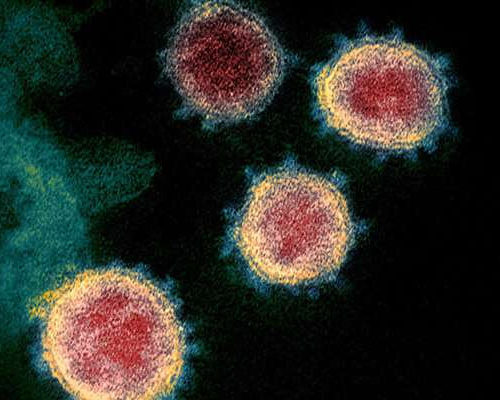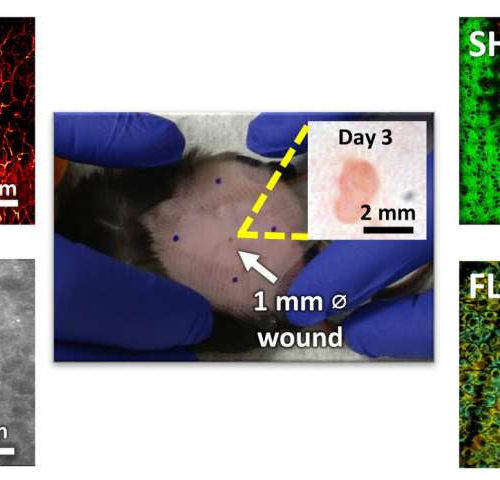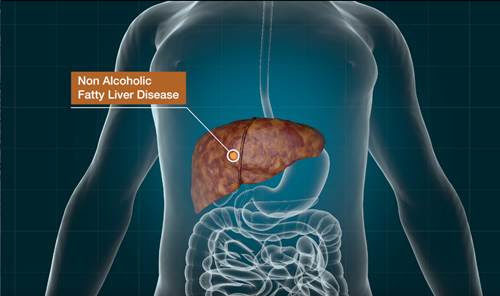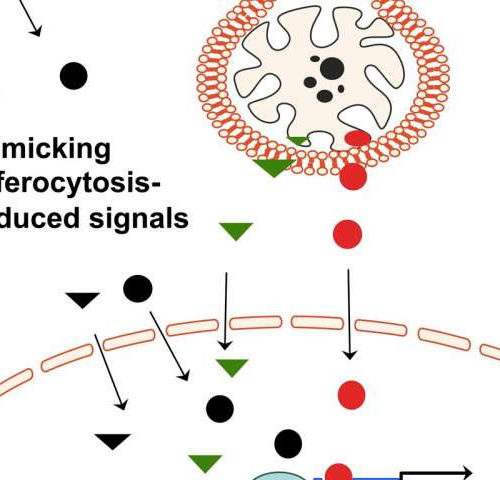A new scientific study by Italy’s national health institute ISS shows that mosquitoes are unable to transmit coronavirus to humans, the institute said Thursday. The World Health Organisation had already said there was no evidence that the virus could be transmitted by the blood-sucking insects, which spread dengue and other diseases when they bite humans....
Tag: <span>collaboration</span>
Researchers identify key immune checkpoint protein that operates within T cells
Columbus, Ohio – A new study led by researchers at The Ohio State University Comprehensive Cancer Center – Arthur G. James Cancer Hospital and Solove Research Institute (OSUCCC – James) has identified a protein within certain immune cells that is required for optimal immune responses to cancer. The findings, reported in the journal Science Advances,...
Researchers develop microscopy technique for noninvasive evaluation of wound healing
by Beckman Institute for Advanced Science and Technology Researchers at the GSK Center for Optical Molecular Imaging have developed a new microscope that looks at the different parameters that change during wound healing. They hope to use this technique to understand how skin disorders, such as foot ulcers in diabetic patients and psoriasis, can be...
New device shows cigarette alternatives may be more hazardous than revealed by manufacturer testing
A more sensitive technique shows cigarette alternatives may be more hazardous than manufacturer testing had found. A technique that can better assess harmful chemicals adds to the analysis toolkit for cigarette alternatives. This pioneering research by KAUST scientists reveals that a tobacco-heating device called “I quit ordinary smoking” (IQOS), emits many more potentially harmful chemicals...
Modified Parkinson’s Drug Shows Potential in Treating Nonalcoholic Fatty Liver Disease
Scientists spur advances in fatty liver disease therapy by modifying an existing neurological drug. Nonalcoholic fatty liver disease (NAFLD) severely impairs the quality of life in patients and often leads to various liver complications. Recently, scientists at Gwangju Institute of Science and Technology designed a novel compound that can potentially treat NAFLD by targeting peripheral...
The death marker protein cleans up your muscles after exercise
by University of Copenhagen Researchers at the University of Copenhagen’s Department of Nutrition, Exercise and Sports have demonstrated that physical activity prompts a clean-up of muscles as the protein ubiquitin tags onto worn-out proteins, causing them to be degraded. This prevents the accumulation of damaged proteins and helps keep muscles healthy. Physical activity benefits health...
How do we disconnect from the environment during sleep and under anesthesia?
In normal sleep states, sounds fail to penetrate brain regions mediating consciousness and memory, and this natural disconnection is caused by low noradrenaline activity, say Tel Aviv University researchers During sleep and under anesthesia, we rarely respond to such external stimuli as sounds even though our brains remain highly active. Now, a series of new...
Stimulating immune cleanup crew offers a possibility for treating rare disorder
by Katherine Unger Baillie, University of Pennsylvania By mimicking the cellular cleanup process known as efferocytosis, researchers from the School of Dental Medicine have identified a new strategy for addressing a rare genetic disease that causes inflammation around the body. Credit: George Hajishengallis Owing to a rare genetic mutation, individuals with leukocyte adhesion deficiency type...
New imaging tool helps researchers see extent of Alzheimer’s early damage
New imaging technology allows scientists to see the widespread loss of brain synapses in early stages of Alzheimer’s disease, a finding that one day may help aid in drug development, according to a new Yale University study. The research, published May 13 in Alzheimer’s & Dementia: The Journal of the Alzheimer’s Association, compared the density...
Researchers identify most powerful gene variant for height known to date
by Jake Miller, Harvard Medical School A team of researchers from Harvard Medical School, Brigham and Women’s Hospital, Socios En Salud, and the Broad Institute at Harvard and MIT report they have identified the single largest genetic contributor to height known to date. The findings, published May 13 in Nature, are based on an analysis...






